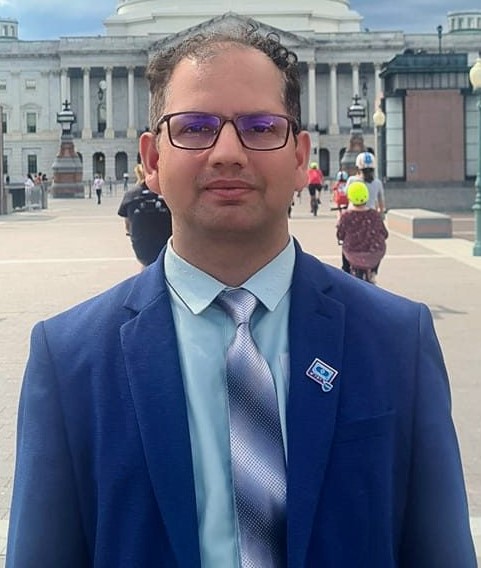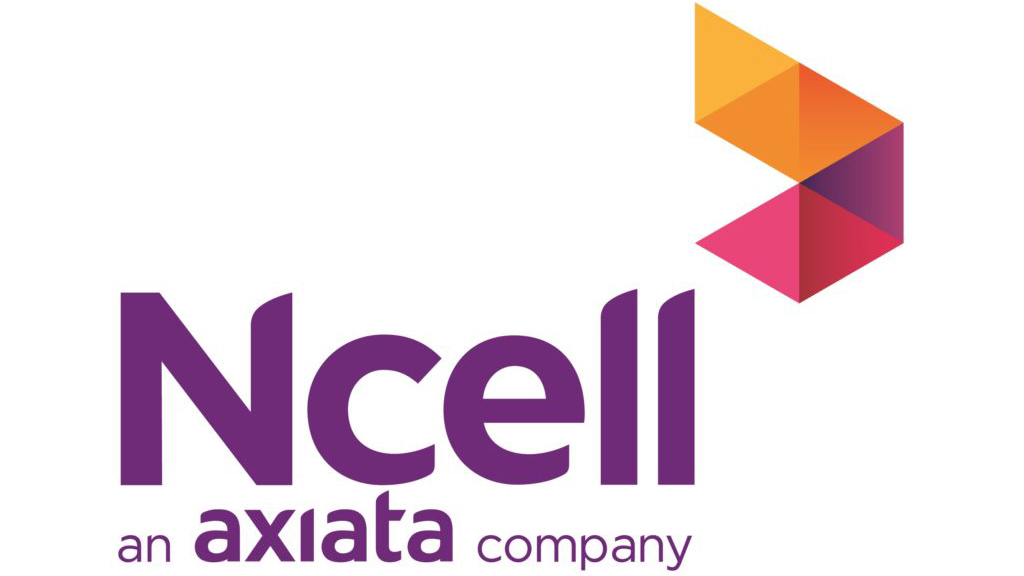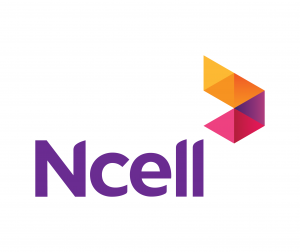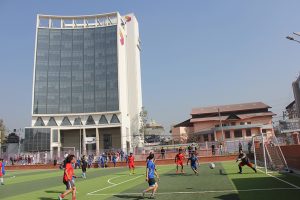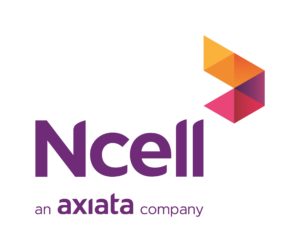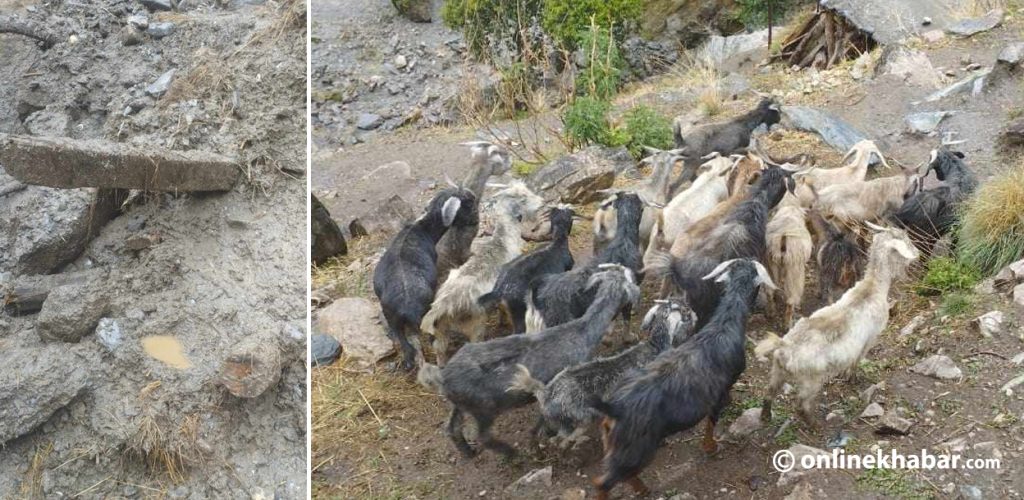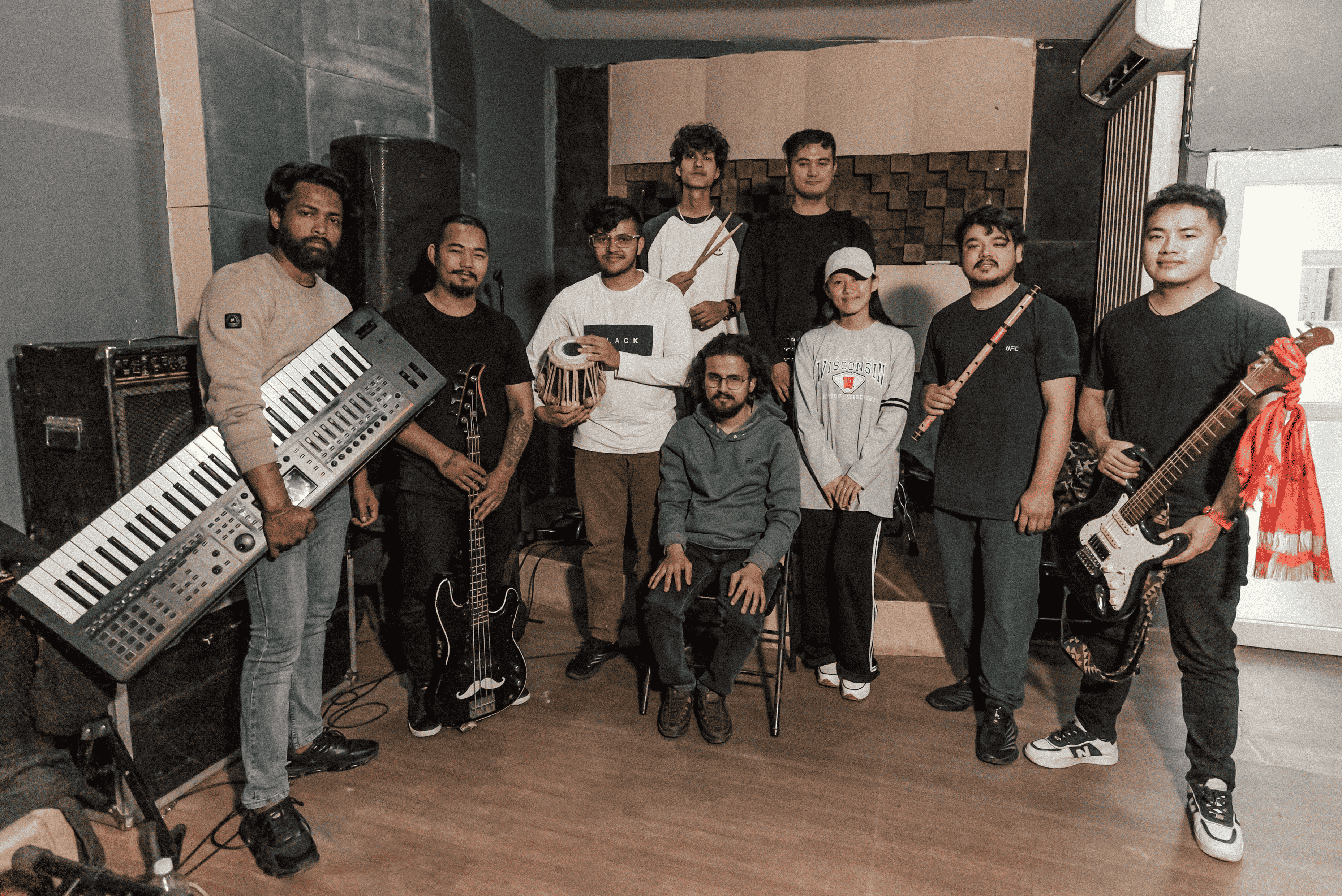
On December 21, 2015, the Asian telecom giant Axiata sought the opinion of international and national audit firms regarding the potential obligation to pay capital gains tax in Nepal before finalising a share purchase agreement (SPA) to acquire 80 per cent of Ncell.
This happened after Axiata became aware of Nepal imposing capital gains tax when TeliaSonera purchased shares of Reynold Holdings through offshore indirect investment in 2012. This information is documented in the arbitration decision by the International Centre for Settlement of Investment Disputes (ICSID).
Sudarshan Raj Pandey, the tax consultant for Ncell, told Axiata how there was a significant chance that Nepal’s Large Tax Payers Office may request tax payments in future offshore transactions. He told them the risk of determining tax liability according to Section 57 of the Income Tax Act could not be dismissed.
Moreover, even JP Morgan, the world’s largest financial service provider, provided an opinion that, given Nepal’s previous imposition of tax on offshore transactions, this particular transaction may also be taxed.
Furthermore, in the minutes of Axiata’s board meeting, it was noted that the acquisition of shares from TeliaSonera might entail a 25 per cent capital gains tax. When deliberating Axiata’s exit strategy from Ncell, the board estimated that the potential tax liability could range from USD 100.9 million to USD 339.9 million.
Turning a blind eye

Despite advice from the world’s leading investment advisor to comply with tax obligations, Axiata’s leadership was unwilling to pay taxes. Instead, it opted to evade tax responsibilities, including capital gains, by exerting influence on the Prime Minister of Nepal and other influential leaders.
Before the execution of the SPA, on November 4, 2015, the then Group MD/President and Group CEO of Axiata Group, Tan Sri Jamaludin, held a meeting with the then Prime Minister KP Sharma Oli. According to Axiata’s statement, during this meeting, they received verbal assurances from Oli indicating that they would be exempt from paying capital gains tax on the forthcoming transaction. On the same day, a similar assurance was reportedly obtained after a meeting with the then Director General of the Internal Revenue Department, Chudamani Sharma.
Jamaludin was notably proactive in engaging with other Nepali leaders as well. Following meetings with Oli and Sharma, he met the top leadership of the Nepali Congress and Maoist Centre. Through these meetings, he wanted to obtain assurances that Axiata would be exempt from tax obligations.
Having secured verbal assurances from the then Prime Minister and the Director General of the Internal Revenue Department, Axiata displayed an unusual level of confidence. Their conviction was such that, even with the purchase of 80 per cent of shares in a company with a paid-up capital of Rs 100 million for Rs 143 billion, they believed they could entirely evade tax liabilities. Astonishingly, they did not deem it necessary to incorporate provisions in the agreement stipulating that TeliaSonera would be responsible for paying the capital gains tax.
Axiata’s overconfidence

On December 21, 2015, following the assurance from the Prime Minister of Nepal that taxes would not be applicable, an agreement was forged between Axiata UK Limited, a subsidiary of Axiata, and TeliaSonera from Norway. This agreement pertained to the purchase and sale of shares in Reynolds Holding for USD 136 billion.
Subsequently, Axiata seemingly neglected its tax obligations throughout the share acquisition process. Instead of addressing tax payments, they actively engaged with leaders, seeking assistance in tax evasion. Tan Sri Jamaludin, the Group CEO and Chairman of Axiata returned to Nepal and met with Prime Minister KP Sharma Oli and other prominent leaders on January 22 and 23, 2016.
During this period, both the Parliament’s Development and Technology Committee and the Accounts Committee had already directed the government to adhere to existing Nepali laws and collect taxes from Axiata.
Nevertheless, Axiata remained convinced that it was exempt from tax obligations, to the extent that it did not deem TeliaSonera responsible for the tax payment either. Consequently, on April 11, 2016, Axiata paid USD 136 billion to TeliaSonera. Through this transaction, TeliaSonera, having initially invested Rs 80 million, exited Nepal with a sum totalling Rs 143 billion, all without settling tax dues.
Following the transaction, the Large Taxpayers Office promptly issued a letter to TeliaSonera and Ncell asking them to pay 10 and 15 per cent tax respectively. Subsequently, Ncell has already paid Rs 47 billion in taxes to the government. Nevertheless, the unresolved tax dispute of Rs 57.90 billion, as determined by the authorities, remains pending in the court.
Smoke and mirrors

Disregarding the advice provided by its own tax advisor, Axiata, which entered Nepal with the dubious intention of evading taxes, has levelled serious accusations of double taxation and insufficient security for foreign investments in Nepal.
However, experts argue the challenges encountered by Axiata in Nepal are attributed not to the investment climate but rather to Axiata’s own lack of foresight. Experts say that Axiata has no basis for ruining Nepal’s reputation; rather, the officials at Axiata who made some dubious decisions may have to answer for the company’s actions in Nepal’s court of law.
On September 30, Axiata’s board cited the reason for selling shares in Ncell, stating, “There is an imminent and existential risk of double taxation in Nepal. As there is an adverse environment for foreign investment protection in Nepal, Axiata intensified its search for an exit from Nepal.”
However, the decision of the International Centre for Settlement of Investment Disputes has already contradicted Axiata’s allegations.
Concerning the risk of double taxation, Ncell says that the Large Taxpayers Office has not withdrawn its claim of Rs 57 billion in taxes, despite ICSID explicitly stating not to impose additional taxes.
However, this claim is completely false. Because the writ filed by Ncell itself is still sub-judice in the Supreme Court and ICSID earlier in the year ruled in favour of the government in the taxation case.
A senior lawyer told Onlinekhabar that the tax determined by the Large Taxpayers Office cannot be withdrawn while the case is pending in the Supreme Court.
“While Ncell has challenged the tax assessment of the Large Taxpayers Office in the Supreme Court, it is not within the authority of the Large Taxpayers Office to withdraw that assessment, even if they wish to do so. I find it surprising that a multinational company like Axiata is attempting to discredit Nepal by presenting such factual and misleading arguments,” the lawyer said.
Holding them accountable
Rameshwar Khanal, the former finance secretary, says that it is clear that Axiata came to Nepal with the intention of evading capital gains tax.
“It has been determined that Nepal has collected tax as directed by the law,” he said. “It seems that Axiata has come with the intention of not paying tax knowing that it has to pay it.”
He, like lawmaker Swarnim Wagle, has called on the government to summon its CEO Vivek Sood and demand an explanation.
Radhesh Pant, the former CEO of the Investment Board, says that neglecting to pay taxes based on assurances from leaders without heeding the advice of a tax advisor before purchasing TeliaSonera’s shares reflects a lack of maturity.
“The law is the law. Even if the prime minister, prominent leaders or the cabinet gives assurance, what is written in the law always takes precedence. Moreover, engaging in such substantial business transactions and deals relying solely on verbal assurances is a sign of immaturity,” says Pant.
He has urged the government to speak out as Ncell’s claim has sent a bad message to the world.
“It claims there is no investment protection in Nepal. A company like Axiata, making such serious objections, should be able to provide the basis for their claims,” said Pant.


